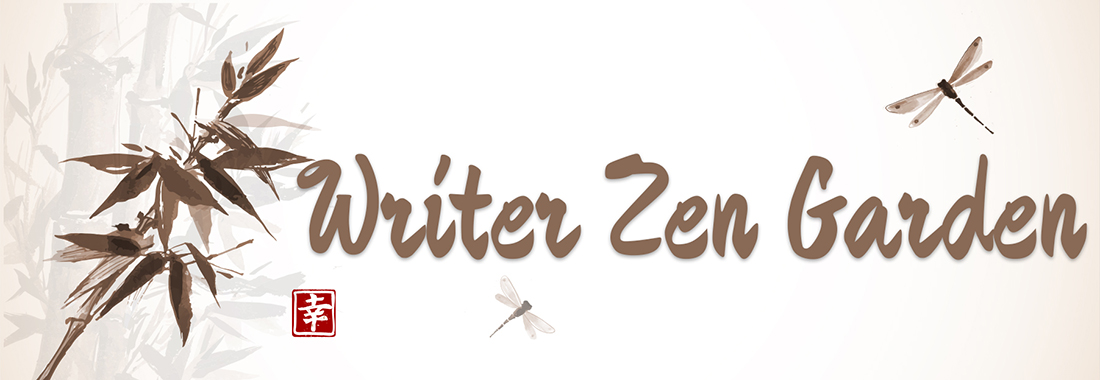Things Not Generally Known – 1859…continued
 Is it my turn again already? Yes it is, so I am adding to my last blog of ‘Things Not Generally Known’, with pictures of the book I took the information from. My husband and I love old books and occasionally he finds a treasure in one of his favorite haunts. We have two other books that sit by the computer, dictionaries dating from 1867 and 1845. They are quite tatty, but I love them.
Is it my turn again already? Yes it is, so I am adding to my last blog of ‘Things Not Generally Known’, with pictures of the book I took the information from. My husband and I love old books and occasionally he finds a treasure in one of his favorite haunts. We have two other books that sit by the computer, dictionaries dating from 1867 and 1845. They are quite tatty, but I love them.
 The page on the left shows the actual date of the book, 1859. If you click on the pic it should enlarge so that you can read it clearly…I hope.
The page on the left shows the actual date of the book, 1859. If you click on the pic it should enlarge so that you can read it clearly…I hope.
 The cover is very plain, not leather, so I doubt it was an expensive book to begin with. It feels like textured paper. Whoever owned it must have not read it much because it is in very good condition for a book so old.
The cover is very plain, not leather, so I doubt it was an expensive book to begin with. It feels like textured paper. Whoever owned it must have not read it much because it is in very good condition for a book so old.
 The spine is the most attractive part of the book. It has gold leaf lettering and a sweet little gold leaf impression under the title that looks like a vine leaf.
The spine is the most attractive part of the book. It has gold leaf lettering and a sweet little gold leaf impression under the title that looks like a vine leaf.
I have to include another interesting not generally known fact from the book, they are fascinating. At least I hope they are to all of you reading this blog.
“To Lay in Lavender.
The plant Lavender was formerly considered as an emblem of affection. Drayton, in one of his eclogues, sings:
Some of such flow’rs as to his hand doth pass,
Others such as a secret meaning bear;
He for his lass him lavender hath sent,
Showing his love, and doth requital crave:
His rosemary his sweetheart, whose intent
Is that he should her in remembrance have.
To Lay in Lavender was also a current phrase for to pawn; because things pawned are carefully laid by, like clothes which, to keep them sweet, have lavender scattered among them. Ben Johnson, in Every Man out of his Humour, refers to a black satin suit, which, “for the more sweet’ning, now lies in lavender.”
I love the poem in this quote. The language is so different from what we are used to, it is difficult to understand. But the meaning of the poem comes through anyway. I am very thankful to the people of past era’s who have taken such good care of their books, and that we can benefit from their gentle handling. It would be awful if all the ideas, and writings of the past were lost to us, very sad indeed.
P.S. Eclogue, ek’log, n. A picking out; that which is chosen out; a pastoral poem in which shepherds are introduced conversing with each other. (so the dictionary from 1867 says) 🙂

What a wonderful book. I also love that poem about the lavendar, makes me think of Requiem, sounds like something he\’d say.
Awesome that you and Bernie both enjoy hunting for those old books, and this one is really in good shape.
Great blog.~hugs~ E
Oh! I love old books. What a treasure you have!